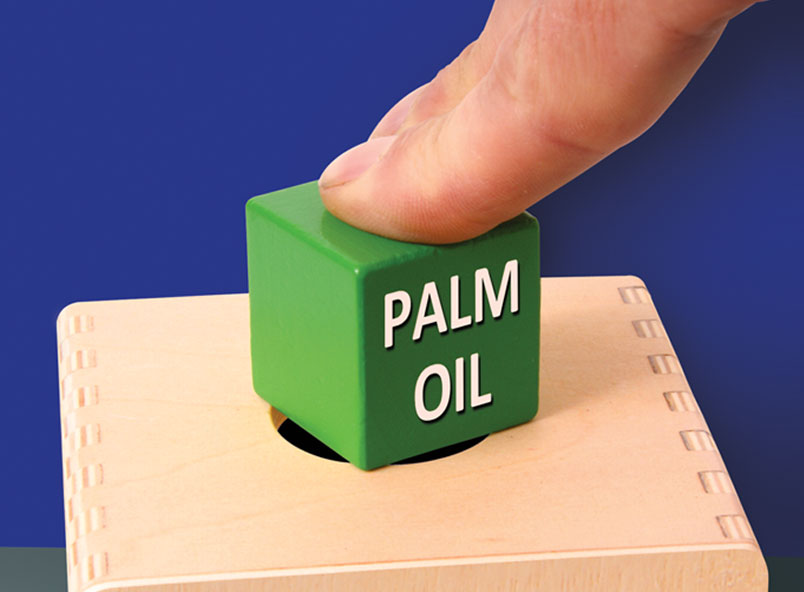



Over phase-out of palm-based biofuels
July, 2021 in Issue 2 - 2021, Comment
Malaysia will review the European Union’s (EU’s) reasoning in phasing out palm-based biofuels under the Delegated Act of the revised Renewable Energy Directive (RED II).
Plantation Industries and Commodities Minister, the Hon. Dato’ Dr Mohd Khairuddin Aman Razali, said a Malaysian government delegation had held consultations with EU representatives on March 17, via the Dispute Settlement Mechanism of the World Trade Organisation (WTO).

Malaysia had filed a complaint before the WTO, according to a Ministry statement issued on Jan 15.
The country is seeking a fair judgment over the EU’s action, which will exclude palm oil as part of the EU’s biofuels mix by the end of 2030. Malaysia also wants the EU to redefine its interpretation of oil palm cultivation, which the latter has classified as ‘high-risk’.
The consultation process is among efforts to arrive at a solution over the EU’s action, which Malaysia deems to be discriminatory, the Minister said in a statement.
“Malaysia will review the feedback and clarification provided by the EU throughout the consultations. Further action will be taken accordingly, guided by the rules and procedures that have been outlined by the WTO.”
Malaysia’s representatives at the consultations comprised officials of the Attorney-General’s Chambers, International Trade and Industry Ministry, Foreign Affairs Ministry, and Water, Land and Natural Resources Ministry.
Indonesia and Colombia acted as observing countries, with both being members of the Council of Palm Oil Producing Countries.

Under RED II, the EU is moving to raise the share of renewable sources in the energy consumption mix to 32% of the total energy consumption, while phasing out the inclusion of palm-based biofuels by 2030.
The EU has claimed that oil palm cultivation contributes to greenhouse gas emissions, deforestation and indirect land-use change, and is therefore a ‘high-risk’ activity.
Indonesia’s complaint
Indonesia, the world’s biggest producer of palm oil, had filed a complaint before the WTO in December 2019, on the basis that the EU’s restrictions on palm-based biofuels are unfair.
Malaysia is a third-party observer in the case, along with countries such as Colombia, Ecuador, Guatemala, Thailand, Australia, Brazil, the US, Costa Rica and India.

China, Canada, Singapore, Turkey, Norway, Russia, Argentina and Japan are also taking an interest in the matter.
The consultations held on Feb 19 last year had failed to settle the dispute, leading to the establishment of a panel to adjudicate the issues.
Indonesia and Malaysia are the world’s top producers of palm oil, supplying about 85% of the output.
Source: The Malaysian Reserve.com
March 19. 2021
This is an edited version of the report.